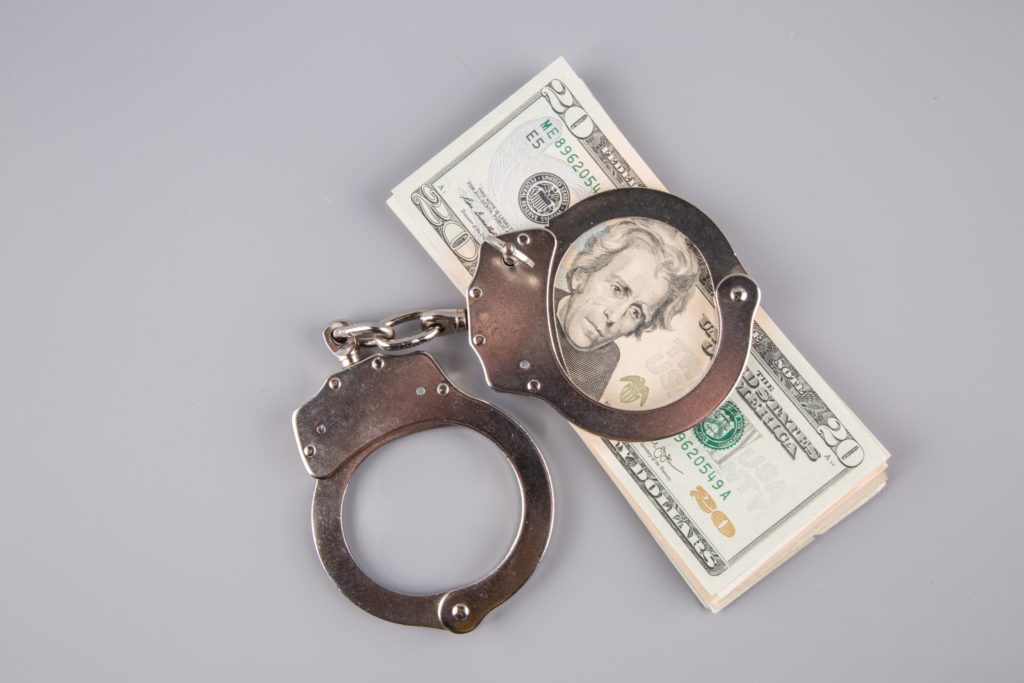The International Monetary Fund (IMF) recognized the recent efforts of the Ukraine government to fight corruption. On June 9, the IMF announced its approval of a Stand-By Arrangement (SBA) of US$5 billion towards economic recovery in the wake of the COVID-19 pandemic. The money earmarked to advance policies that focus on priorities such as “moving forward with key governance and anti-corruption measures to preserve and deepen recent gains.”
Some of these recent anti-corruption efforts include the passage of the “anti-Kolomoisky law” in May of this year. Officially named Bill No. 2571-d, the law prohibits “bank owners from reclaiming insolvent and nationalized banks” and “protects public funds and taxpayers from illegal lending practices.” The law gets its name from Ihor Kolomoisky, founder of Ukraine’s largest nationalized bank, PrivatBank. In 2016, Ukrainian authorities nationalized PrivatBank because of fraudulent activity.
Ukraine’s president Volodymyr Zelensky also signed a whistleblower law last year, another important step in combatting corruption. The law defines whistleblowers as individuals who “report corruption or corruption-related offenses through internal channels (such as to company compliance), external channels (including the media), or regular channels (specified governmental organizations,” according to a June 24 article. The new law, which came into effect on January 1 of this year, also improves whistleblower protections and provides whistleblowers with “the right to free legal assistance, the right to confidentiality,” and the right to receive a whistleblower award.
Read more:
